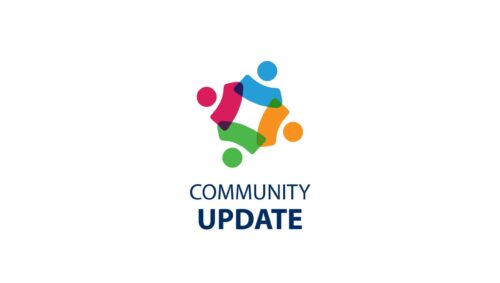Thinking Ahead
Millennials may need to boost life insurance.
 If you’re a millennial—born between 1981 and 1996—you’re either in the very early or relatively early stages of your career, and as the old song goes, you’ve got a lot of living to do. Still, it’s not too soon to think about a financial issue you may have overlooked—the need for life insurance.
If you’re a millennial—born between 1981 and 1996—you’re either in the very early or relatively early stages of your career, and as the old song goes, you’ve got a lot of living to do. Still, it’s not too soon to think about a financial issue you may have overlooked—the need for life insurance.
Regarding this topic, millennials need to ask three key questions:
When should I purchase insurance? The answer to this question depends somewhat on your stage of millennial-ism. If you’re a young millennial, perhaps just out of college, single, and living in an apartment, your need for life insurance may not be that great. After all, you may well have other, more pressing financial needs, such as paying off your student loans.
But if you’re an older millennial, and you’ve got a mortgage, a spouse and especially if you have children, then you unquestionably need insurance, because you’ve got a lot to protect.
How much do I need? Millennials who own life insurance have, on average, $100,000 in coverage, according to New York Life’s 2018 Life Insurance Gap Survey. But that same survey found that millennials themselves reported they need coverage worth about $450,000, leaving an insurance deficit of approximately $350,000. That’s a pretty big gap, but of course, these figures are averages and may not apply to your situation. Still, you should know how much insurance you require.
You might have heard that you need life insurance worth about seven or eight times your annual salary. And while this isn’t a terrible estimate, it doesn’t apply to everyone, because everyone’s situation is different. A financial professional can look at various factors—your age, your marital status, number of children, size of mortgage, etc.—to help you arrive at an appropriate level of coverage.
Keep in mind, also, that your employer may offer life insurance as an employee benefit. However, it might be insufficient for your needs, especially if you have a family, and it will probably end if you leave your job.
What type of life insurance should I get? Many people initially find life insurance to be confusing, but there are basically two types—term and permanent. As its name suggests, term insurance covers a given time period, such as 10 or 15 years, and provides only a death benefit. It’s generally quite affordable, especially when you’re young and healthy.
Permanent insurance, on the other hand, offers a death benefit and a savings component that allows you to build cash value. Consequently, the premiums are higher than those of term insurance. Again, a financial professional can help you determine which type of insurance is most appropriate for your needs.
Thus far, we’ve only been talking about life insurance. But you may also need other types of protection, such as disability insurance, which can replace part of your income should you become ill or incapacitated. And you may eventually want to explore long-term care insurance, which can help cover you for the enormous costs of an extended nursing home stay.
You should at least consider all forms of insurance as part of your overall financial strategy. The future is unknowable—and as a millennial, you’ve got plenty of future ahead of you.
This article was written by Edward Jones for use by your local Edward Jones Financial Advisor Carol Sumoski. Listen to Carol on our radio station, 99.9 FM SNJ Today Radio.










